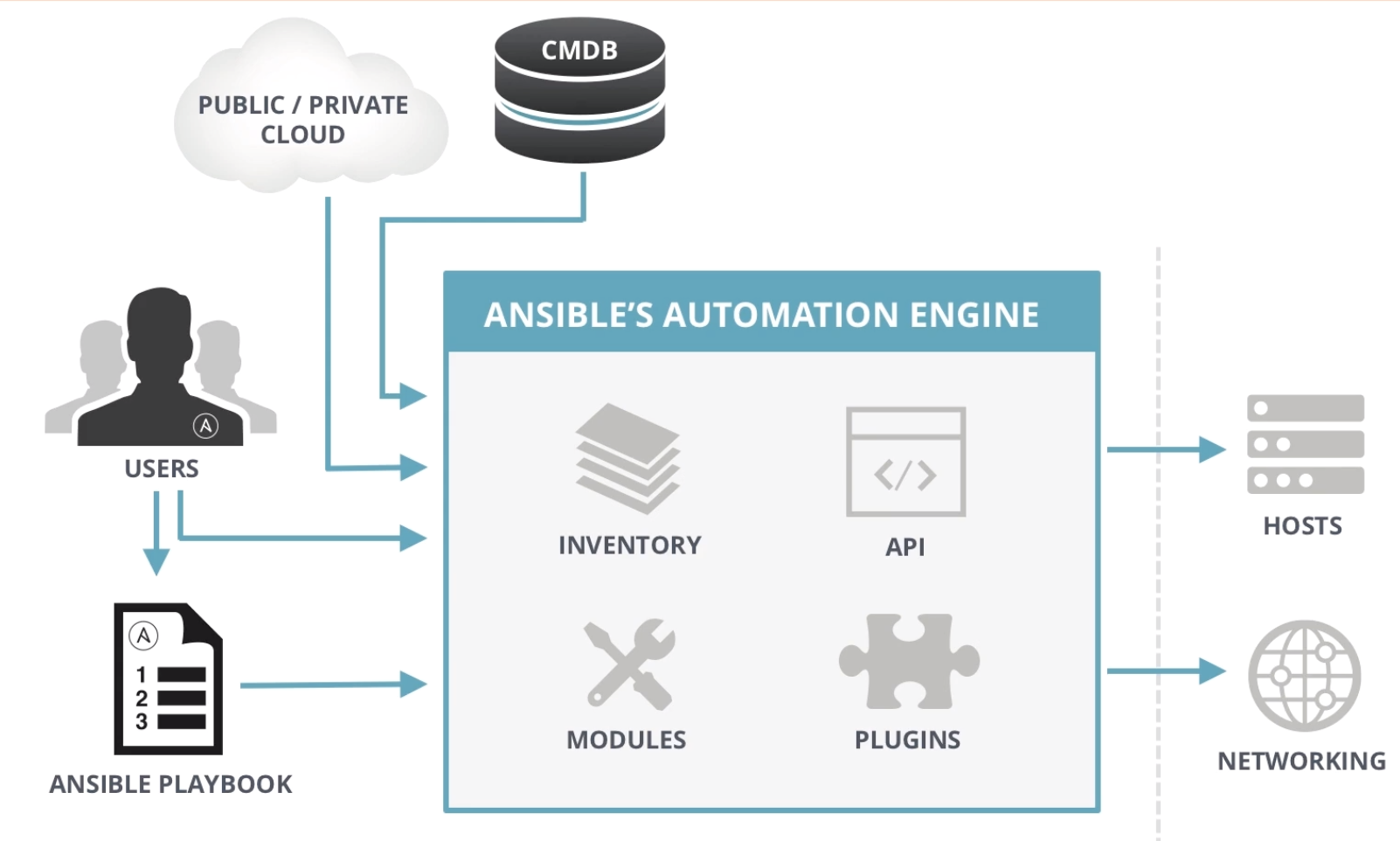1
2
3
4
5
6
7
8
9
10
11
12
13
14
15
16
17
18
19
20
21
22
23
24
25
26
27
28
29
30
31
32
33
34
35
36
37
38
39
40
41
42
43
44
45
46
47
48
49
50
51
52
53
54
55
56
57
58
59
60
61
62
63
64
65
66
67
68
69
70
71
72
73
74
75
76
77
78
79
80
81
82
83
84
85
86
87
88
89
90
91
92
93
94
95
96
97
98
99
100
101
102
103
104
105
106
107
108
109
110
111
112
113
114
115
116
117
118
119
120
121
| # flag.Parse
var CommandLine = NewFlagSet(os.Args[0], ExitOnError)
func Parse() {
CommandLine.Parse(os.Args[1:])
}
# FlagSet.Parse
> parse异常分流处理
func (f *FlagSet) Parse(arguments []string) error {
f.parsed = true
f.args = arguments
for {
seen, err := f.parseOne()
if seen {
continue
}
if err == nil {
break
}
switch f.errorHandling {
case ContinueOnError:
return err
case ExitOnError:
if err == ErrHelp {
os.Exit(0)
}
os.Exit(2)
case PanicOnError:
panic(err)
}
}
return nil
}
# FlagSet.parseOne
func (f *FlagSet) parseOne() (bool, error) {
if len(f.args) == 0 {
return false, nil
}
s := f.args[0]
if len(s) < 2 || s[0] != '-' {
return false, nil
}
numMinuses := 1
if s[1] == '-' {
numMinuses++
if len(s) == 2 {
f.args = f.args[1:]
return false, nil
}
}
name := s[numMinuses:]
if len(name) == 0 || name[0] == '-' || name[0] == '=' {
return false, f.failf("bad flag syntax: %s", s)
}
f.args = f.args[1:]
hasValue := false
value := ""
for i := 1; i < len(name); i++ {
if name[i] == '=' {
value = name[i+1:]
hasValue = true
name = name[0:i]
break
}
}
m := f.formal
flag, alreadythere := m[name]
if !alreadythere {
if name == "help" || name == "h" {
f.usage()
return false, ErrHelp
}
return false, f.failf("flag provided but not defined: -%s", name)
}
if fv, ok := flag.Value.(boolFlag); ok && fv.IsBoolFlag() {
if hasValue {
if err := fv.Set(value); err != nil {
return false, f.failf("invalid boolean value %q for -%s: %v", value, name, err)
}
} else {
if err := fv.Set("true"); err != nil {
return false, f.failf("invalid boolean flag %s: %v", name, err)
}
}
} else {
if !hasValue && len(f.args) > 0 {
hasValue = true
value, f.args = f.args[0], f.args[1:]
}
if !hasValue {
return false, f.failf("flag needs an argument: -%s", name)
}
if err := flag.Value.Set(value); err != nil {
return false, f.failf("invalid value %q for flag -%s: %v", value, name, err)
}
}
if f.actual == nil {
f.actual = make(map[string]*Flag)
}
f.actual[name] = flag
return true, nil
}
|
